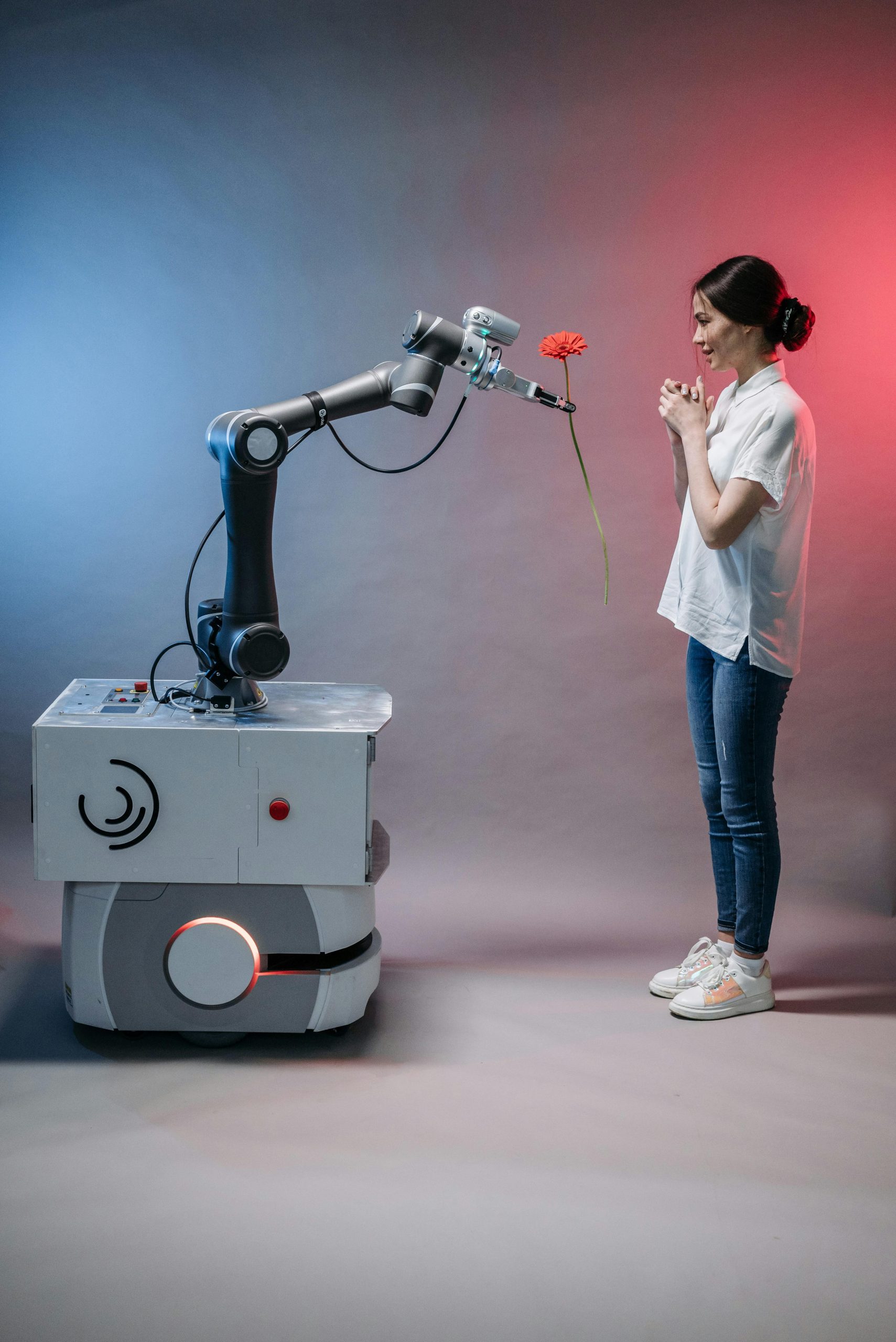Artificial Intelligence (AI) is no longer a futuristic concept—it’s already reshaping how we live, work, and interact. From voice assistants to personalized recommendations, AI has seamlessly integrated into our daily routines, offering convenience, efficiency, and innovation. However, its rapid adoption also raises concerns about privacy, job displacement, and ethical dilemmas. This article explores the transformative ways AI impacts everyday life, highlighting its benefits and challenges.
1. AI in Personal Assistants and Smart Homes
One of the most visible impacts of AI is in personal assistants like Siri, Alexa, and Google Assistant. These tools use natural language processing (NLP) to understand and respond to voice commands, making tasks like setting reminders, playing music, or controlling smart home devices effortless.
Benefits:
- Convenience: AI assistants automate routine tasks, saving time and effort.
- Accessibility: Voice-activated AI helps individuals with disabilities by enabling hands-free control.
- Energy Efficiency: Smart thermostats and lighting systems optimize energy usage, reducing costs and environmental impact.
Challenges:
- Privacy Concerns: Always-listening devices raise questions about data security and unauthorized access.
- Dependence: Over-reliance on AI may reduce critical thinking and problem-solving skills.
2. AI in Healthcare and Wellness
AI is revolutionizing healthcare by improving diagnostics, treatment plans, and patient care. Machine learning algorithms analyze vast amounts of medical data to detect diseases early, predict outbreaks, and personalize treatments.
Benefits:
- Early Diagnosis: AI-powered tools like IBM Watson can identify conditions such as cancer faster than traditional methods.
- Remote Monitoring: Wearable devices track vital signs and alert users and doctors to potential health issues.
- Drug Development: AI accelerates the discovery of new medications by analyzing complex biological data.
Challenges:
- Data Accuracy: Incorrect or biased data can lead to misdiagnosis or ineffective treatments.
- Ethical Dilemmas: Decisions made by AI, such as end-of-life care, may conflict with human values.
3. AI in Transportation and Mobility
From self-driving cars to traffic management systems, AI is transforming how we move. Autonomous vehicles use sensors and AI algorithms to navigate roads, while ride-sharing apps optimize routes for efficiency.
Benefits:
- Safety: AI reduces human error, a leading cause of accidents, by predicting and avoiding collisions.
- Efficiency: Traffic management systems minimize congestion, saving time and fuel.
- Accessibility: Autonomous vehicles could provide mobility solutions for the elderly and disabled.
Challenges:
- Job Displacement: Truck drivers and taxi operators may face unemployment as automation grows.
- Regulatory Hurdles: Governments struggle to create policies that ensure safety without stifling innovation.
4. AI in Education and Learning
AI is reshaping education by offering personalized learning experiences, automating administrative tasks, and providing virtual tutors. Platforms like Duolingo and Khan Academy use AI to adapt lessons based on individual progress.
Benefits:
- Personalization: AI tailors content to students’ learning styles and paces, improving engagement.
- Accessibility: Online learning platforms make education available to people in remote areas.
- Efficiency: AI automates grading and feedback, freeing teachers to focus on instruction.
Challenges:
- Digital Divide: Not all students have access to the technology required for AI-driven education.
- Depersonalization: Overuse of AI may reduce human interaction, which is vital for social development.
5. AI in Entertainment and Media
AI curates content on platforms like Netflix and Spotify, recommending movies, songs, and articles based on user preferences. It also powers deepfake technology and automated journalism.
Benefits:
- Personalized Content: AI enhances user experience by suggesting relevant entertainment options.
- Creativity: Tools like ChatGPT assist writers and artists in generating ideas and content.
- Efficiency: Automated news writing speeds up reporting on financial and sports events.
Challenges:
- Misinformation: Deepfakes and AI-generated content can spread false information rapidly.
- Job Loss: Automation threatens roles in journalism, music, and other creative fields.
Conclusion
AI is undeniably transforming everyday life, offering unparalleled convenience, efficiency, and innovation across various sectors. However, its rapid integration also presents significant challenges, including privacy risks, ethical concerns, and job displacement. As AI continues to evolve, striking a balance between harnessing its benefits and addressing its drawbacks will be crucial. By fostering responsible development and regulation, society can ensure AI serves as a force for good, enhancing our lives without compromising our values.
